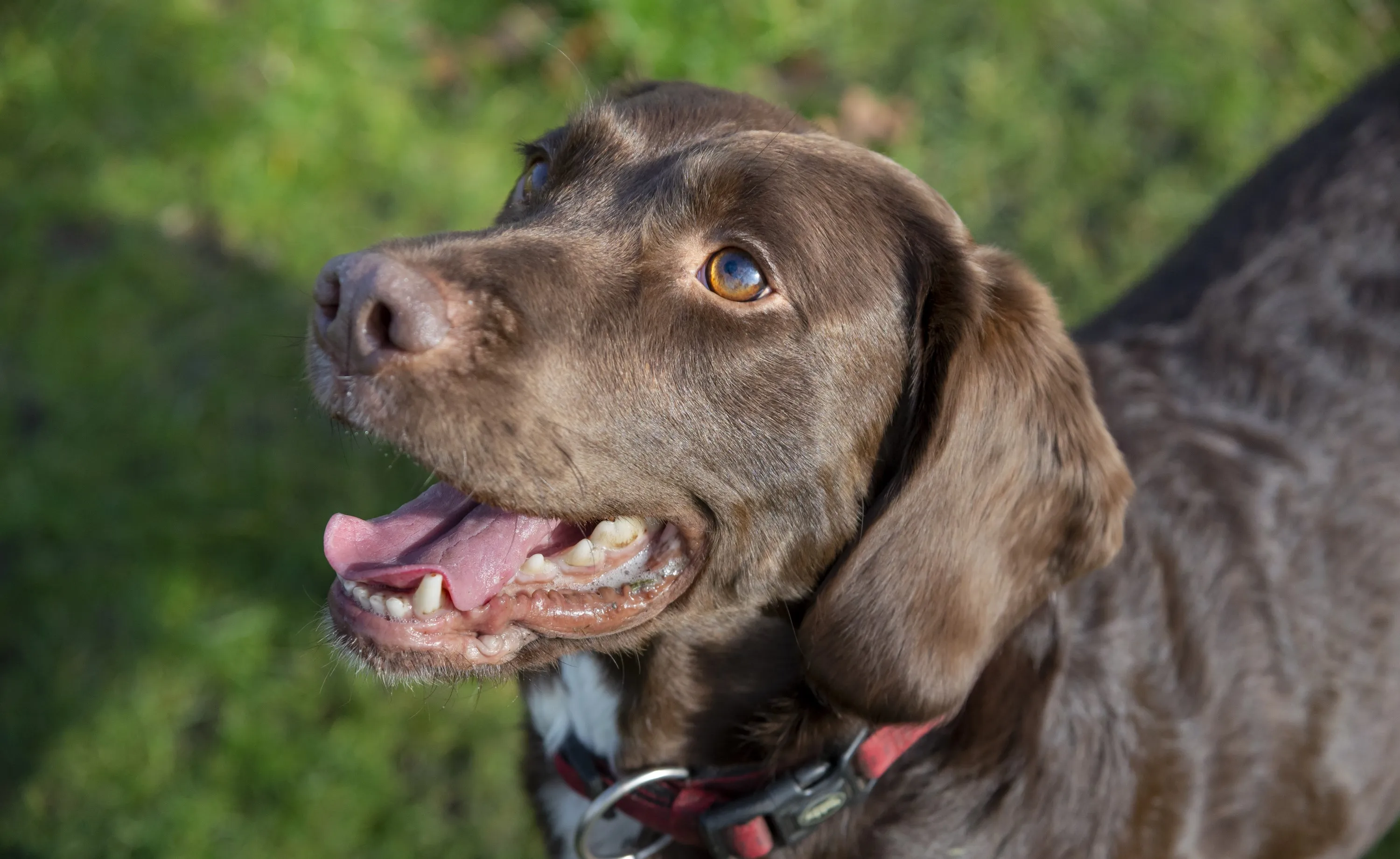
The trial will investigate the effectiveness of a plant-derived drug for treating canine oral melanoma.
Currently, there are limited treatment options for the disease – the most common cause of canine oral tumours – and dogs typically die less than one year after being diagnosed, the team says.
Berry-based therapy
The new trial will investigate the effectiveness of a drug called tigilanol tiglate – derived from the berries of the blushwood tree, found only in parts of Queensland, Australia – against the disease.
The drug disrupts blood vessels inside tumours without damaging surrounding healthy tissues.
If it proves effective against canine oral melanoma, the drug – currently licensed to treat a different form of canine cancer – could spare dogs the need to undergo invasive surgery, the team says.
The pilot trial, led by vets at the Royal (Dick) School of Veterinary Studies, will involve eight dogs, with the team planning to increase the number of participants if the initial results are promising.
Human medicine
As well as benefiting canine health, the trial could also provide valuable insights into rare forms of cancer that affect people, the team says.
Canine oral melanoma shares many common features with human mucosal melanoma, a fast-growing cancer that can lead to the formation of tumours in the nose, sinuses, mouth or oesophagus.
Similar to the disease in dogs, human patients with mucosal melanoma typically do not show symptoms until the disease is at an advanced stage, making it challenging to diagnose and treat.
The trial is being funded by QBiotics, the manufacturers of tigilanol tiglate, which is sold under the brand name Stelfonta. The funding will also support a PhD student, who will work on the trial.

